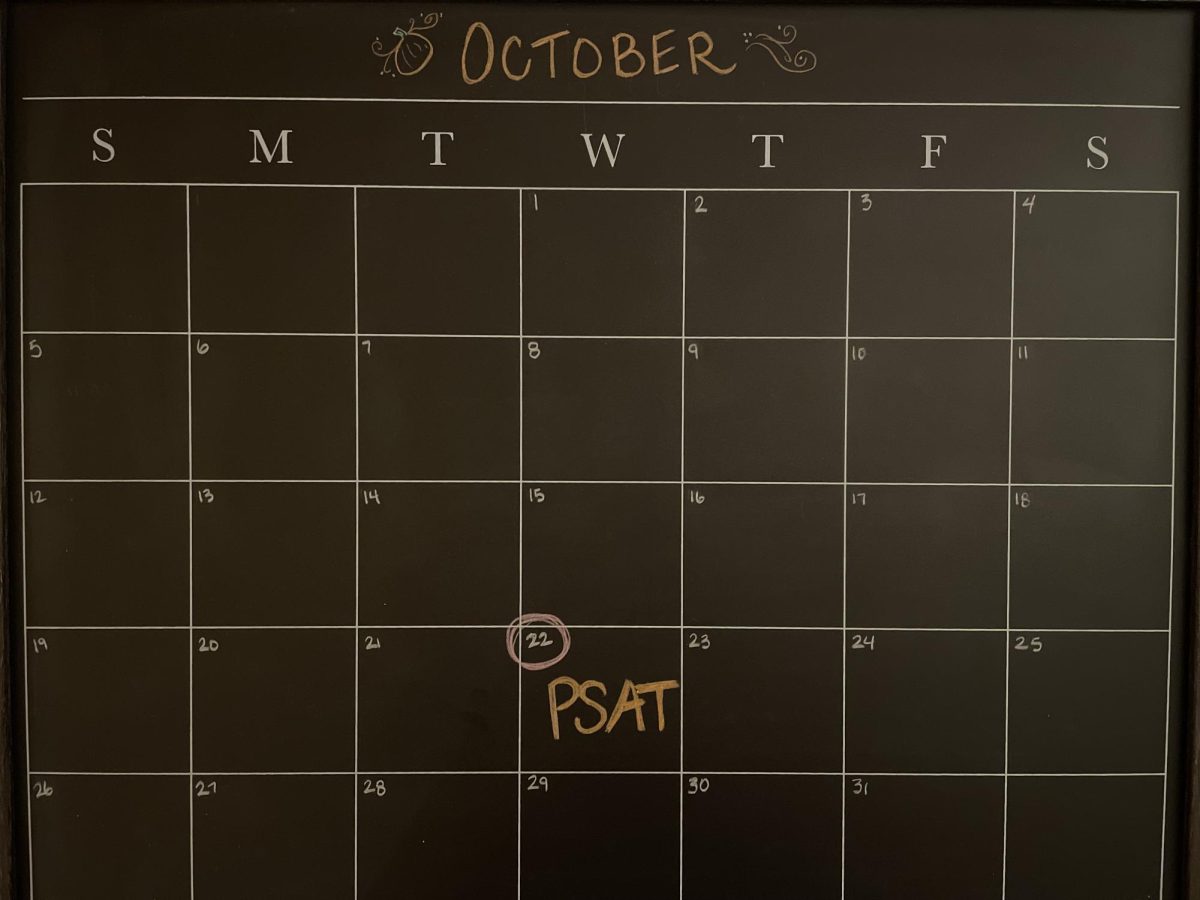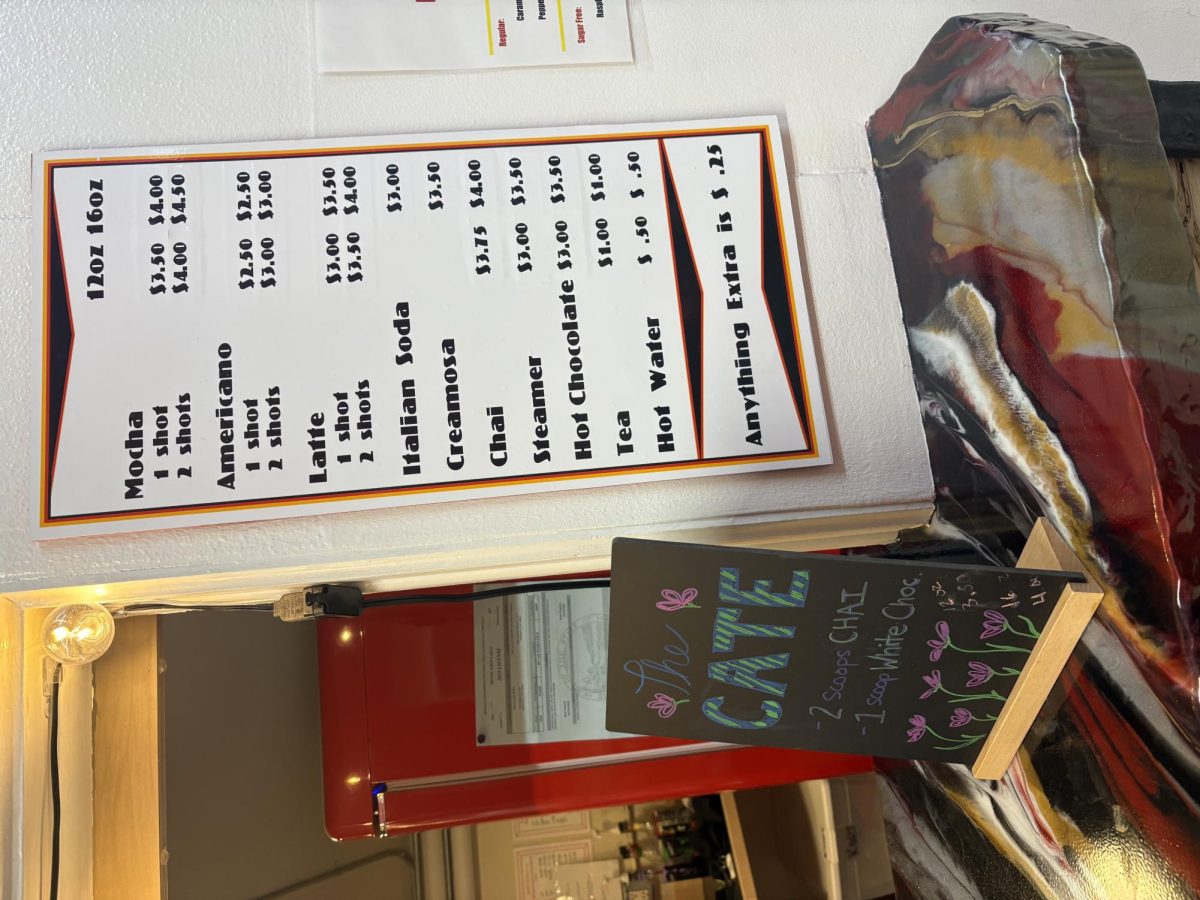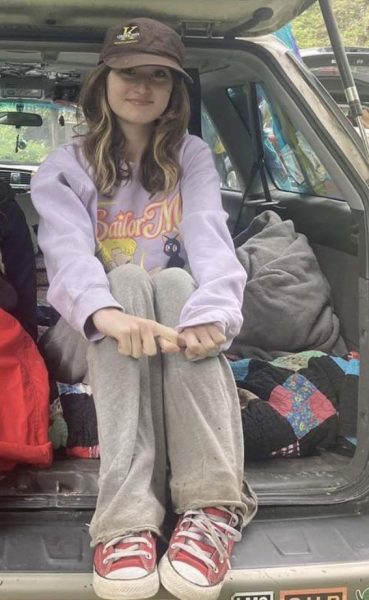The opioid epidemic has been an immense issue plaguing America for many years. Recently, there has been a push to make Narcan, which gives a quick shot of adrenaline and momentarily prevents an overdose, more accessible to the public. In Missoula county, it has recently been approved to put in free Narcan vending machines in public areas, with the goal of reducing the overall number of opioid overdoses.
“One evidence-based strategy for addressing opioid overdoses is utilizing the overdose reversal drug naloxone (commonly known as narcan or Kloxxado),” said the Missoula Drug and Safety Foundation’s, Shannon Sproull, Program Director at Montana’s Recovery Friendly Work Initiatives. She said that this provides the “broadest possible access to lifesaving opioid antagonist medication,” referring specifically to the idea of free public access to Narcan.
Narcan is an FDA approved drug that causes a reverse in opioids, according to the MDSF, “having Naloxone available to administer in the case of an opioid overdose can save a life.” This is because it restores breathing and reverses the effects of opioids. It is said to have no negative effects on someone experiencing an overdose and is recommended by health professionals.
Helena had also made the decision and implemented two free Narcan vending machines and Missoula began looking into the way that they could fund and implement this project into our own town. The locations for these vending machines were decided based on data of where the highest fatal and non-fatal overdoses were. These vending machines will not only offer Narcan, but also fentanyl testing strips, and information cards. This project is funded by the Independent Emergency Room Physicians Trust. The placement of these machines are likely to be in place during this month.
This issue can be somewhat controversial because some people feel that providing Narcan will encourage opioid use and overall be more detrimental to the overall health of the community, though this argument is refuted with other examples. “Using seat belts in cars does not encourage people to drive worse, but to prevent injury and death,” said Sproull.






